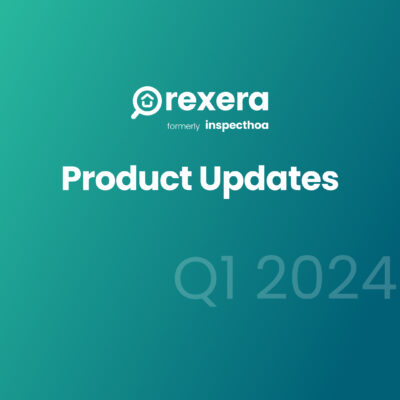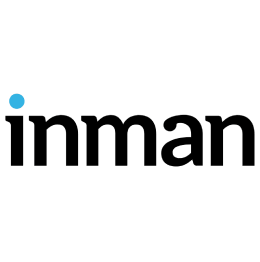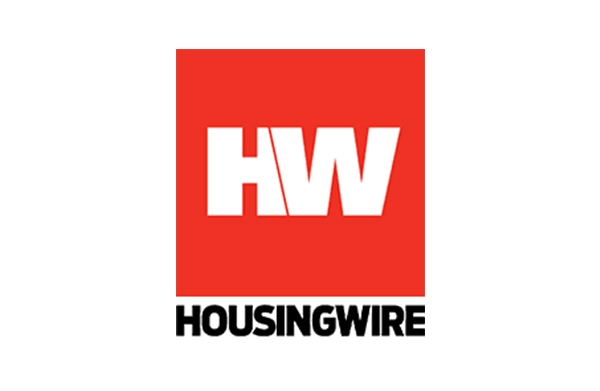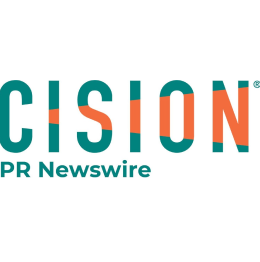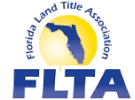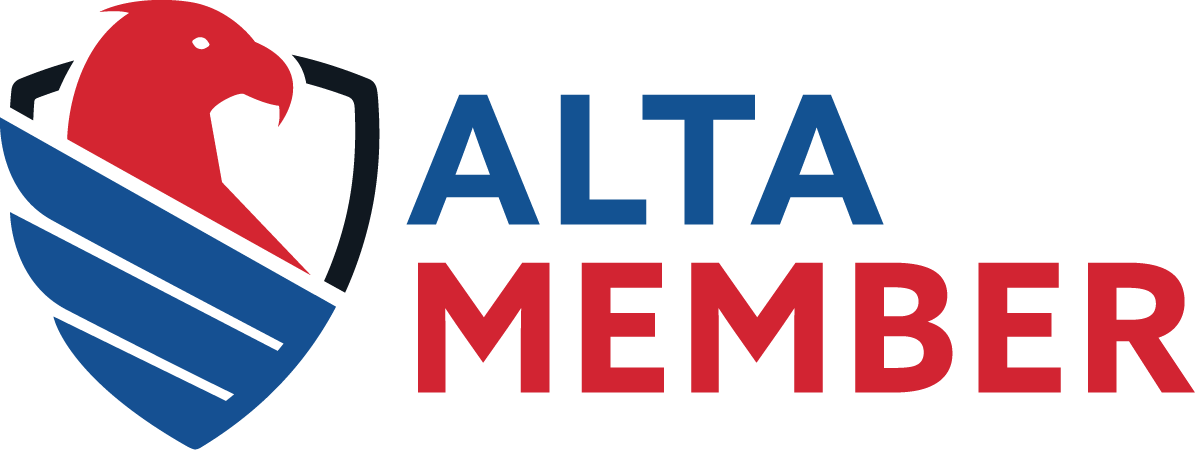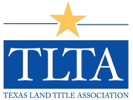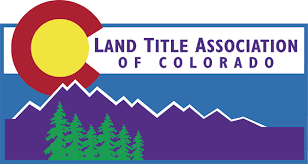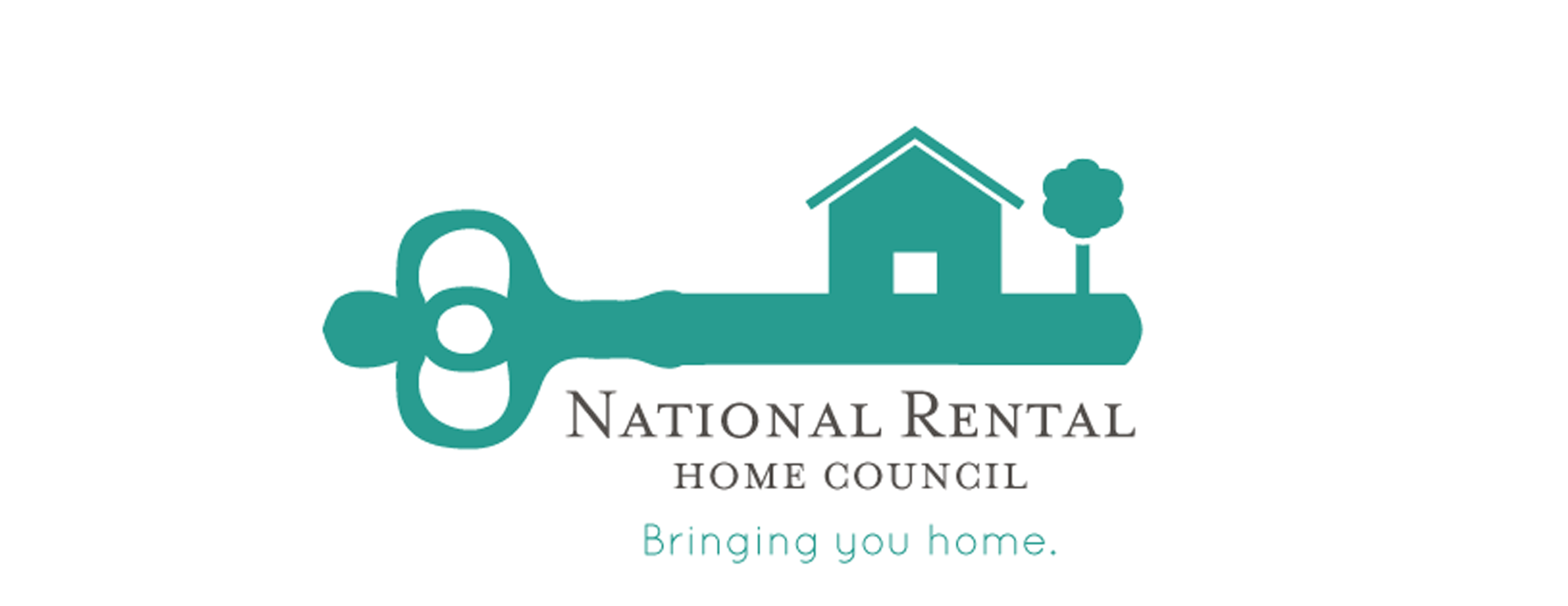HOA’s Impact on Residential Mortgage Financing

Unless you are sitting on a large sum of money or have squirreled away a wad of cash stuck underneath your mattress, you will probably need to secure a loan to finance a new real estate purchase. Applying and securing a new mortgage is a significant part of the home buying process.
But if you are looking to purchase a property located within a homeowner association, these properties can have a unique impact on the mortgage qualification process.
Specifically, lenders place stringent criteria on qualified properties located within HOA communities so that it is eligible for sale in the secondary market. If you are looking to purchase a condo or townhome, expect to provide more documentation than an average borrower looking to buy a traditional single-family residence.
While different mortgage financing programs have subtly unique requirements when analyzing HOA projects, the good news is that there is some general overlap. Nevertheless, it’s essential to understand the impact HOAs have on the mortgage application process so you don’t waste your time trying to buy a home that you can’t ultimately finance.
Have Your Lender Complete an Initial Review
The best way to start the mortgage process, assuming you have found a property you like located within an HOA community, is to provide the subject property’s address to the lender.
This is a great way to kill two birds with one stone. You make sure the property meets the initial mortgage eligibility criteria for the given loan program you want to apply for. And you can also secure a pre-approval letter from your lender that you can submit with your offer to purchase.
You may need to provide your lender with some initial information, including, but not limited to, the condo bylaws, budget, and other details about the community. If you want to be proactive, you can even have the condo association manager or a qualified board member complete a preliminary condo project questionnaire form, which most lenders will require in the loan file before final approval.
Additionally, if you are considering an FHA mortgage, you can search FHA approved condominium projects by their name, location, and status.
Projects must complete and exist in full compliance with state requirements and be in good standing to be eligible through FHA. They will also have to meet other specific HUD criteria related to insurance coverage, financial health, physical condition, and a variety of other factors.
Review the HOA Project for Delinquent Dues
One of the significant sticking points that lenders look for when completing their project review for properties located within an HOA community is how many units are overdue on their association dues.
Lenders are required to review the financial health of homeowners associations and make sure that no more than 15% of the total number of units in a project are 60 days or more past due on their dues. For smaller projects consisting of only 2-4 units, none of the units are allowed to be 60 days or more delinquent.
One reason lenders care if owners are not paying their HOA dues is that it tangibly impacts the collateral they are financing. Homeowners association dues are essentially income for the HOA. If there is an impediment to it collecting this income, it has less funds to go toward maintenance or other applicable common expenses. Deferring maintenance can have a direct impact on the property values within the project community.
Lenders are also worried that the HOA may seek legal action against individual owners. Pending litigation could have an impact on the collateral and mortgage investor’s lien position. While project litigation doesn’t automatically kill a deal, it needs to be addressed to ensure it falls within the parameters for the lender’s investor.
For example, aggregator Freddie Mac allows evidence of project litigation provided the pending litigation is minor, does not affect the safety, soundness, and habitability of the respective project, and meets other limiting criteria.
Consider Occupancy and HOA Reserve Requirements
Another thing that lenders like to analyze that can impact your ability to obtain mortgage financing for properties located within an HOA community is the project’s occupancy ratio.
For conventional financing, 90% of the total number of units in new and established projects (with certain exceptions) must have been conveyed to unit purchasers.
There are no occupancy restrictions for established projects if you intend to occupy the property as your primary residence. If you are an investor looking to lease the property, at least 50% of the project’s total units must be occupied by owners or utilized as second homes.
New projects have slightly different qualifying criteria in that the rules follow the same criteria as investment properties for established projects. There is also a tolerance that if units are not currently occupied but are under contract to occupants as their primary residence or second home, they count as an occupied unit.
Similar to how lenders care about project occupancy ratios, they also care about the HOA’s financial health as a whole. Generally, this requires an analysis of the HOA’s budget.
If you are looking to qualify for a new mortgage, the HOA’s budget must comply with specific rules and criteria. For starters, the budget must be consistent with the nature of the community. For example, if a community was on a golf course, one would expect dues to cover green fees and maintenance.
The budget must also support an appropriate levy of dues, adequate funding for insurance premiums, or deductibles. It cannot earn more than 10% of its income from renting or leasing commercial parking spaces.
Most importantly, at least 10% of the budget must go toward funding replacement reserves used for capital projects or deferred maintenance.
Lenders want to make sure there are sufficient funds to maintain common areas and the quality of life and property values within the community. A lack of reserves could mean that the HOA could start to levy hefty special assessments that could impact a borrower’s ability to repay their mortgage obligation in a pinch.
Account for Property and Flood Insurance
The last consideration that you should always factor in when trying to get a mortgage to finance a property located within an HOA is property and flood insurance coverage.
Specifically, it can be confusing what is covered between your personal property insurance policy and that of the homeowners association. This can also impact how much property insurance coverage you may also need to maintain personally.
It’s important to know that an individual policy may not be required if the HOA master or blanket type insurance policy covers all the general and limited common elements of the projects as well as the fixtures, equipment, and replacement of improvements of individual units, including interior improvements.
However, most policies do not cover interior improvements, requiring you, as the borrower, to obtain a private HO-6 policy with sufficient coverage necessary to meet the lender’s guidelines. Depending on the type of mortgage program, some lenders may even require this regardless if the homeowners association master or blanket policy maintains sufficient coverages.
Homeowners insurance can be an additional expense you need to factor in when considering your overall debt-to-income ratio for your mortgage application. If your ratios are tight and you neglect to factor this in, it could make the difference between qualifying or disqualifying.
Another insurance factor to consider is whether or not flood insurance coverage may be required for the subject property you are looking to finance.
Lenders are required to ensure that a property securing a mortgage is protected by flood insurance if found to be located within a special flood hazard area (SFHA). Properties found to be in FEMA flood zones A or V are considered to be in an SFHA.
However, aside from the fact that if the property is found to be in an SFHA that you will need to secure flood insurance if the community you are purchasing in does not participate in the National Flood Insurance Program (NFIP), your mortgage application could be declined.
Properties within an HOA community that are verified to be located in an SHFA may be covered by a qualified flood insurance policy held by the HOA, provided the policy covers the subject unit’s entire building, each individual unit, and all common elements and requests the lesser of 80% of the replacement cost or the max insurance available from NFIP per unit.
If the HOA’s policy meets the 80% replacement cost coverage but not the per unit coverage, a supplemental policy still may be required.
If you are still concerned about how buying or owning a property located within an HOA can impact your ability to obtain mortgage financing, InspectHOA can help.
InspectHOA can build reports to help you better understand the property you own or are trying to purchase that can help you navigate potential pitfalls when it comes time to apply for new mortgage financing.




